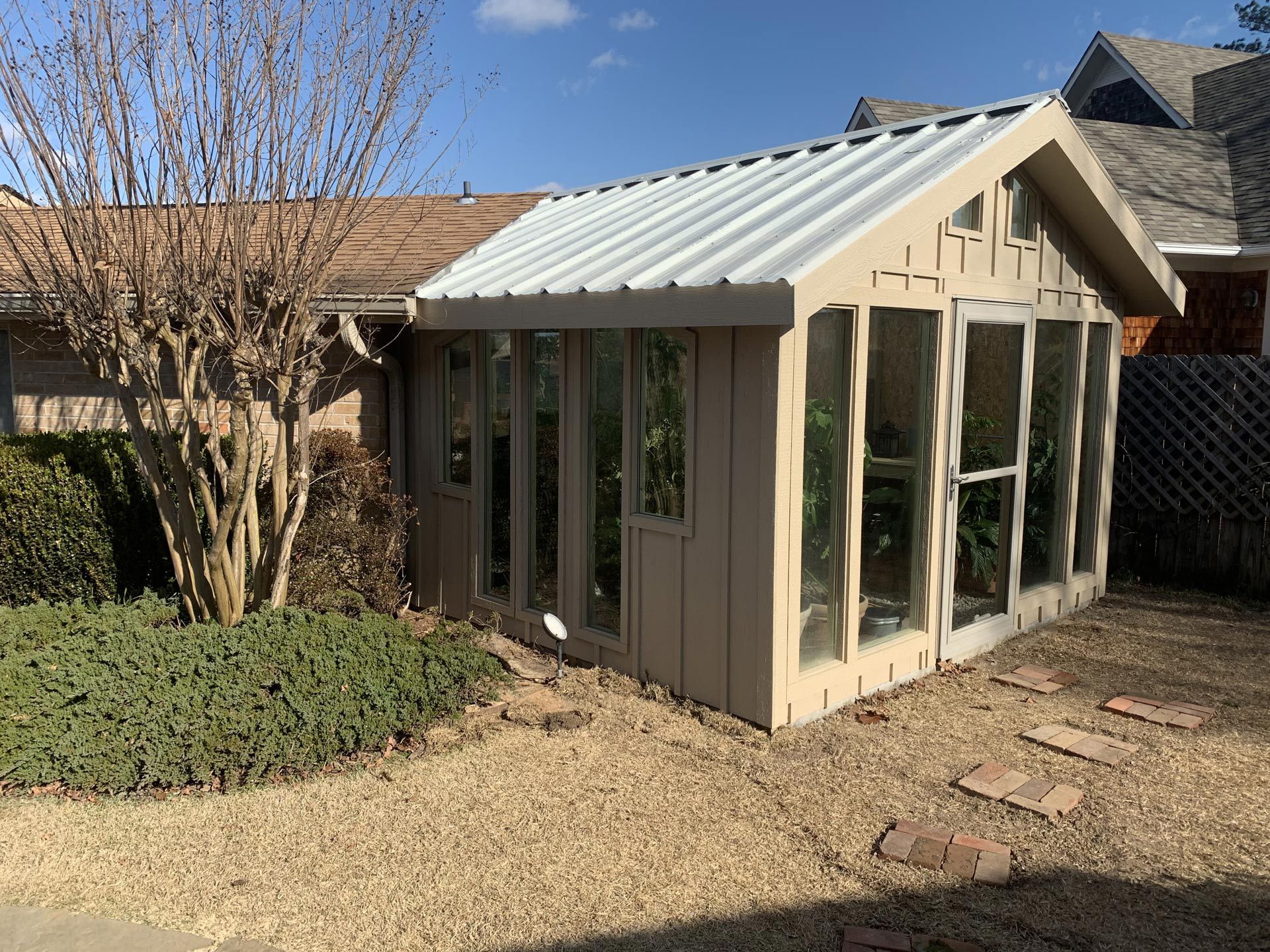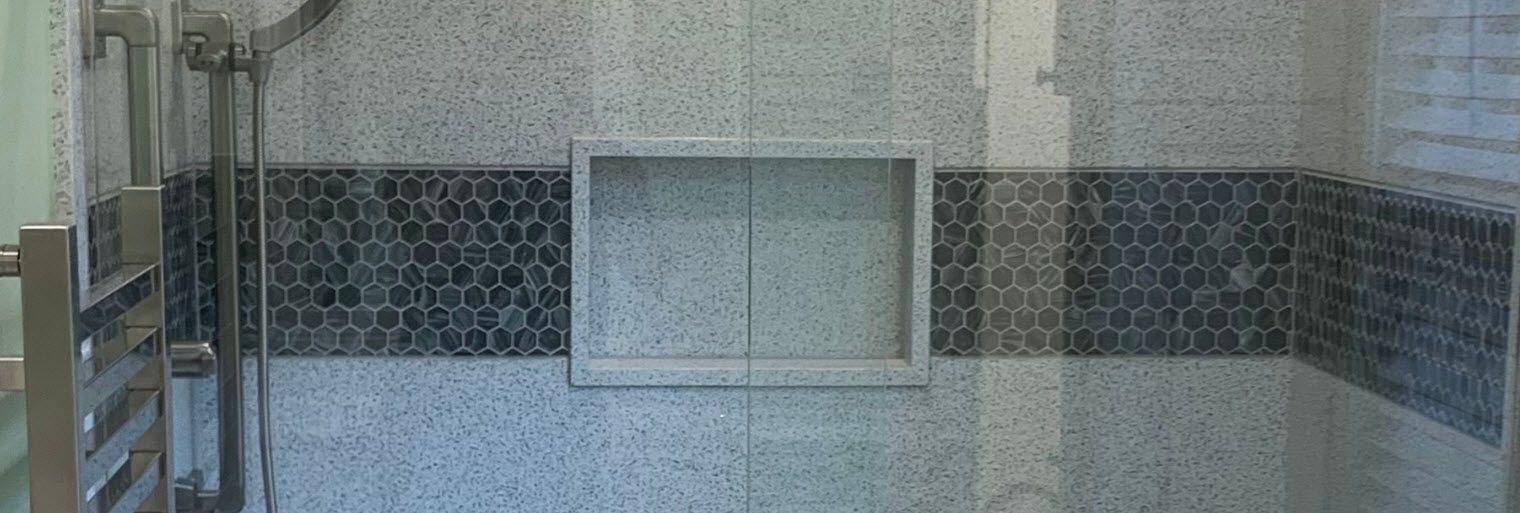Why Does a Renovation Cost What It Does?
One of the most common questions we hear is, “Why does a renovation cost what it does?” Although many homeowners remodel their houses yearly, most don't fully understand the factors contributing to renovation costs. And it doesn't help when popular TV shows whose main focus is on remodeling give inaccurate expectations when it comes to pricing. So, when you get that bid from a respected contractor it comes as a total shock when the bid was not what you expected. In this blog, we’ll help you grasp the expenses associated with a renovation, assisting you in better planning for your next project.
Labor and Professional Fees
A big part of your expense is hiring skilled professionals which is necessary for a successful renovation. The costs associated with this can vary significantly depending on the complexity and size of the project. You must consider expenses for a general contractor, plumber, electrician, and other specialists. Hiring and paying that extra bit of price for a skilled professional rather than taking the lowest bid is well worth it in the end to get the project done right. We have seen too many jobs done wrong because a cheap price was offered. Usually, when a job is cheap it is because something is missing.
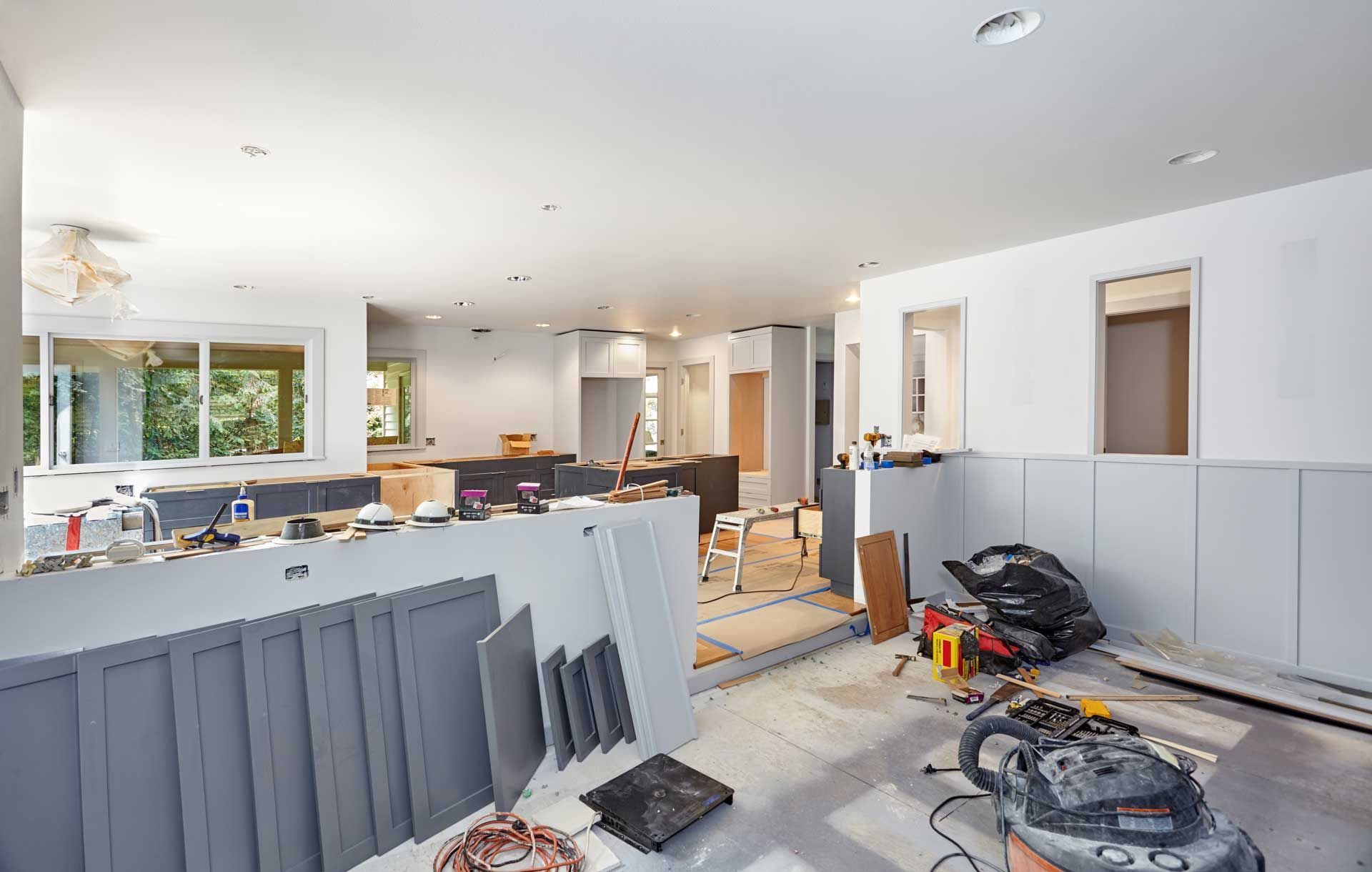
Materials and Supplies
One of the largest costs associated with a renovation is the price of materials and supplies. This includes lumber, flooring, paint, tiles, fixtures, appliances, and other necessary materials. The choices you make can dramatically affect the total price. When choosing your materials it is important to keep in mind that long-lasting and durable products come with a higher price. In return, you will get products you will enjoy for years to come.
Permits and Legal Requirements
Obtaining the necessary permits and adhering to legal requirements for your project is essential, and these costs will be added to the overall budget. Permit fees can vary based on your location and the specific regulations governing your renovation. A contractor must have a contractor's license and pay for insurance and workers’ compensation each year for their employees. These costs should be factored into the budget as a percentage. It's important to keep this in mind, as it's easy to overlook these details when starting a project.
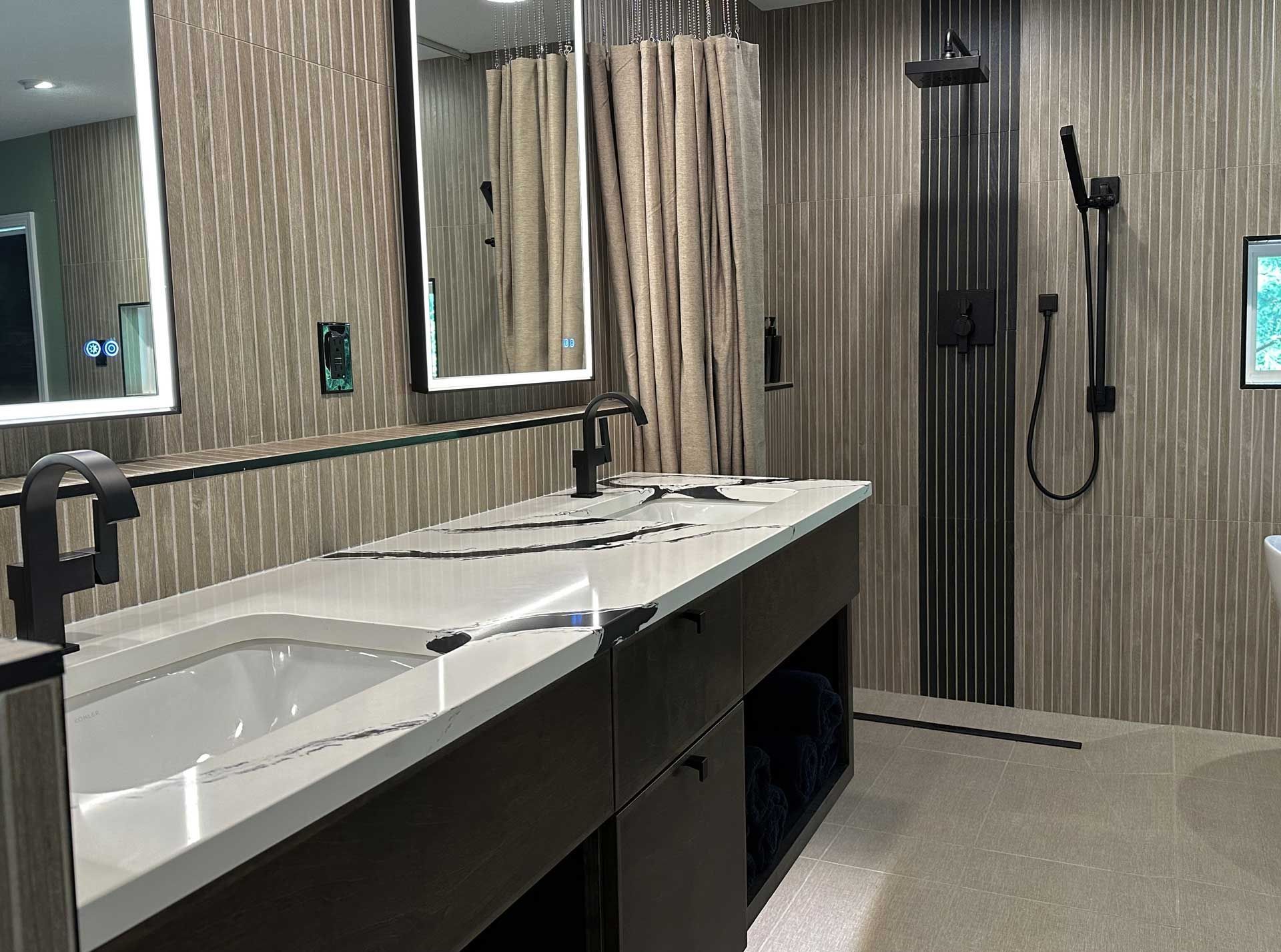
Additional Costs
Before starting your renovation, it’s best to research and identify all expected costs associated with the project. For instance, some renovations may require a structural engineer. While a significant portion of the project may be structural, don’t forget to consider costs for finishing touches and furnishings, such as window treatments, light fixtures, and hardware. These little things can add up very quickly.
Unexpected Expenses
Unfortunately, renovation projects often come with surprises. Unforeseen expenses can arise during the renovation process, potentially affecting your budget. Preparing for these unexpected costs is essential for effective planning.
When choosing a general contractor for your remodeling project, seek one who specializes in this area and follows a clear step-by-step process. From the initial phone call to the project's completion, a dedicated contractor will guide you every step of the way. Their team will empower you to understand the budget, collaborate on the design, and select the perfect materials, fixtures, and finishes that align with your vision, all while maintaining quality. Working with a skilled team transforms stress into confidence, ensuring your project flows smoothly. You’ll emerge ready to embrace the journey of your next home renovation.
